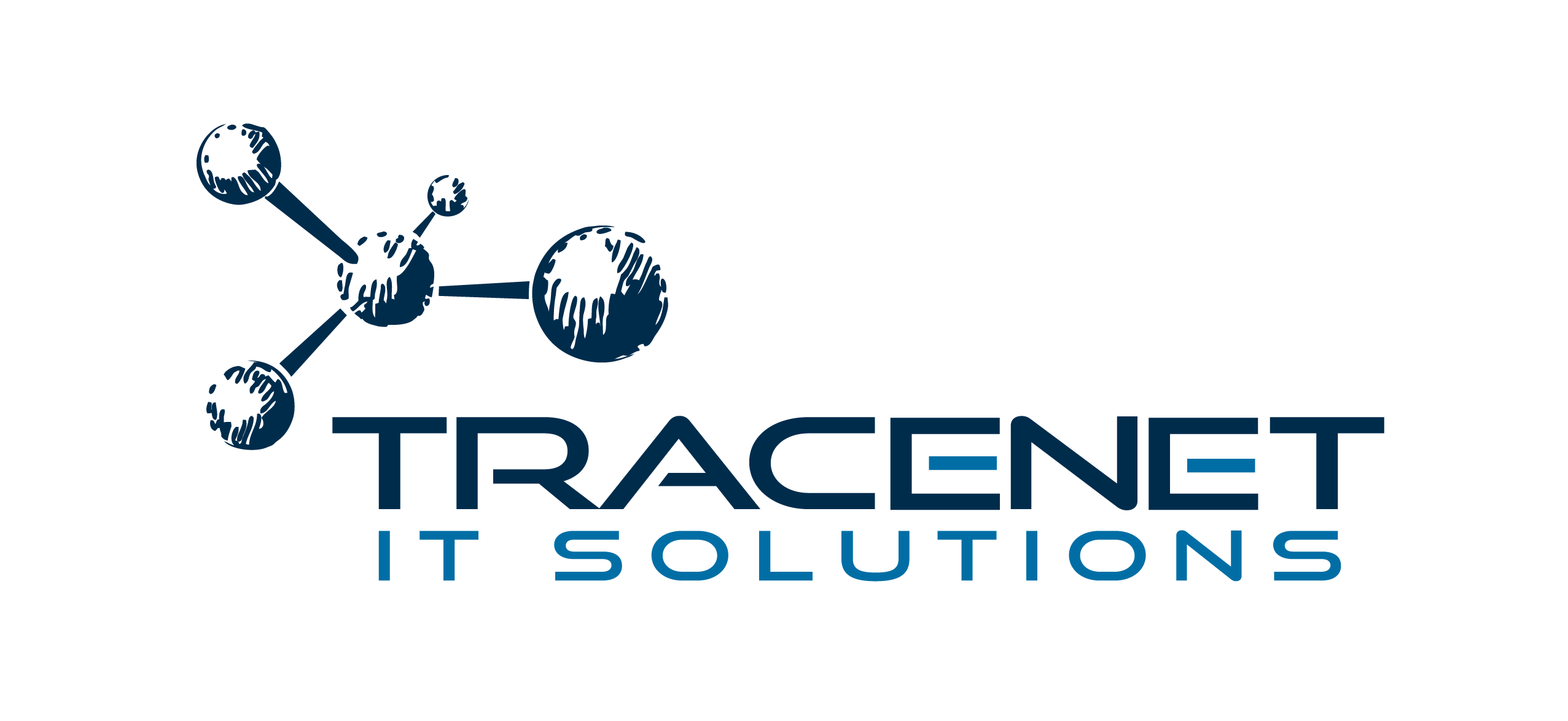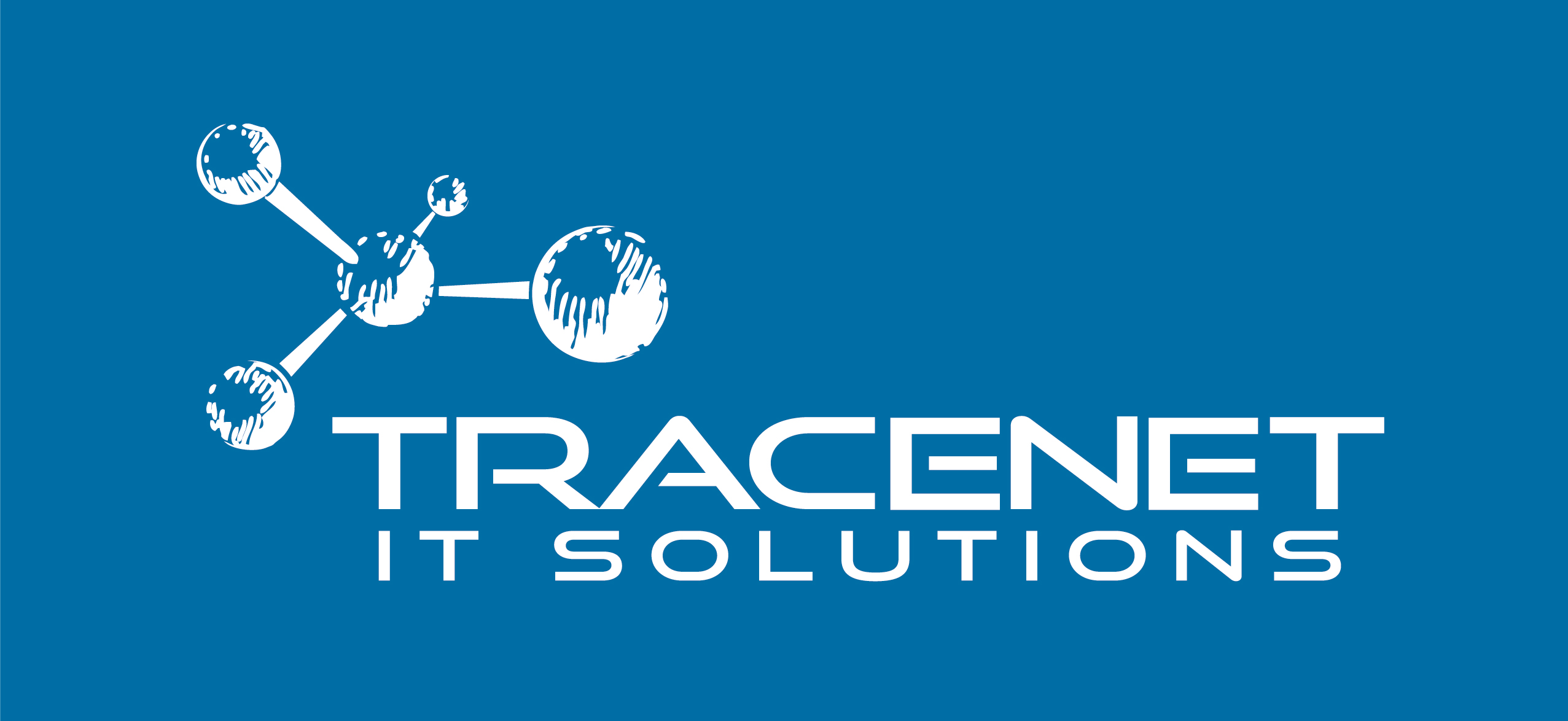Beginning in 2020, it was evident that network security and cloud security were critical for a globally linked world. When compared to 2005, there was a 141% rise in data compromise over this time period. As a result, cybersecurity has become a more debated topic, with the goal of providing wide protection for company and end-user data. It will be possible to present the two sides of these securities and how they differ in terms of “protection” through this text.
What exactly is network security?
Network security can be defined as the ability to prohibit unauthorized people from accessing networks and all other resources that are linked to them. These networks range in size from modest offices to enormous corporate campuses. This sort of protection is also capable of safeguarding a single organization’s network. Individuals who are interested in cybersecurity and wish to implement approaches such as multifactor authentication and malware protection might choose this profession.
The main difficulties
In an ever-changing technological context, network security faces a number of issues. Among these problems is a surge in cyber threats as a result of technological advancement, which makes these attacks more complex and diverse.
Furthermore, the attack surface is expanding due to the rapid development of devices connected to networks, whether IoT devices or mobile devices, which is causing this extension of attacks. Each new connection point introduces potential weaknesses that attackers can exploit. Among the other issues that must be addressed are:
- Data security and privacy;
- Adoption of emerging technologies;
- Insider threats;
- Network complexity;
- Updating and patching;
- Regulatory compliance.
The primary advantages
One of the most important advantages of network security is its protection against cyberthreats. After all, this sort of protection provides strong defenses against a wide range of network threats, such as malware, ransomware, and phishing, ensuring data integrity and operational continuity.
Another critical issue to emphasize is data confidentiality. Network security protects sensitive data by preventing unauthorized access and, as a result, protecting crucial information from breaches or misuse.
Other advantages include:
- Data integrity;
- Continuous availability;
- Protection against denial of service (DDoS) attacks;
- Management of identities and access.
The best practices
The usage of firewalls and network security devices is one of the suggested strategies for adopting this form of security. They can be used to regulate incoming and outgoing traffic by configuring rules to allow only permitted traffic.
Updates and patching are also required since all systems, programs, and devices must be updated with the most recent security patches to address any known vulnerabilities. Access control must also gain traction through strict implementation.
What exactly is cloud security?
Cloud security is concerned with the safeguarding of networks, servers, data, and applications that comprise the cloud computing ecosystem. However, keep in mind that a single service can support the most disparate companies, which means that a security compromise can have major ramifications for the system.
Both providers and clients who use the contractual resource bear responsibilities for cloud security. While the former must protect data through infrastructure, the latter must be mindful of the usage of technological gadgets to avoid data invasion facilitation.
The main difficulties
Cloud services face a variety of unique issues due to their dynamic and distributed nature. Among the most important are illegal access and the need to find a means to regulate access and ensure that only authorized users have access to information and resources in the cloud. Another significant difficulty is the safeguarding of sensitive data, as the secrecy of data kept in the cloud is critical. This will contain not only good encryption but also access restrictions to filter who can and cannot use the network.
In addition to this, the following challenges exist:
- Visibility and control;
- Shared responsibility;
- Data leak;
- Identity and access management;
- Container security and orchestration;
- Risks in third-party services.
Principal Advantages
One of the most important advantages of nuclear security is its scalability and flexibility. Finally, she may be scaled up as needed, tracking the expansion of all hosted resources and services. This will result in a rapid adaptation to changes in business demands. Another crucial factor is continuous updating, with the majority of cloud service providers implementing automatic and regular security updates, ensuring that the systems are always protected against the most recent threats.
Other advantages include:
- Shared responsibility;
- Centralized monitoring;
- Protection against emerging threats;
- Efficient backup and recovery;
- Secure remote access;
- Advanced encryption.
The best practices
We have responsibility awareness as one of the recommended practices. It is critical to understand a cloud provider’s and your organization’s shared security responsibilities. As a result, businesses must develop clear policies regarding who will be held accountable and why. Another consideration is the requirement for multifactor authentication (MFA), which can strengthen access security by demanding multiple identity verification methods.
Other best practices include:
- Data encryption;
- Continuous monitoring;
- Regular backup;
- Updates and patching;
- Risk assessment;
- Network segmentation;
- Training and awareness.
Differences Between Cloud and Network Security
Both types of security are designed primarily to prevent data breaches, facilitate compliance, and ensure availability. Nonetheless, they have numerous differences, such as visibility, responsibility, and, most importantly, scalability.
Divergent points are often characterized as:
- Scope;
- Shared responsibility model;
- Remote access;
- Adoption of emerging technologies;
- Compliance with data regulations.
Tracenet: protection guaranteed in any mode
Tracenet prioritizes security over anything else, regardless of format. Finally, any business is vulnerable to cyberattacks, particularly given the rise in cases in recent years. As a result, new business models must be developed to ensure complete protection. Through our services, you will be able to get advice on security policies, network vulnerability analysis, risk assessment, incident response, and ongoing support for your security solutions. Send us an email , and we’ll see what we can do to meet your needs!
Cloud security and network security are critical for data protection and must thus be treated carefully. Regardless of the distinctions, the benefits are numerous and deserve to be highlighted.



